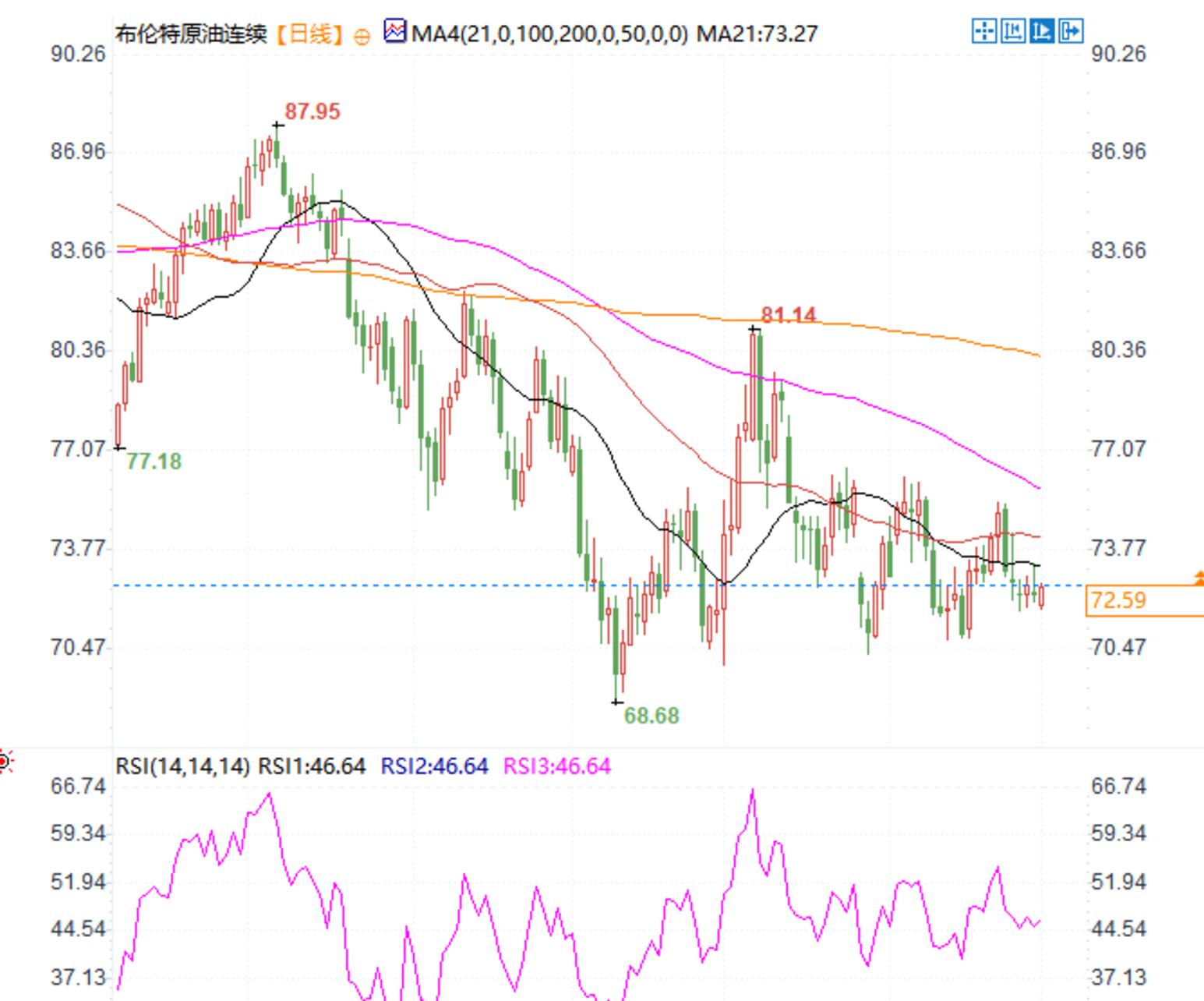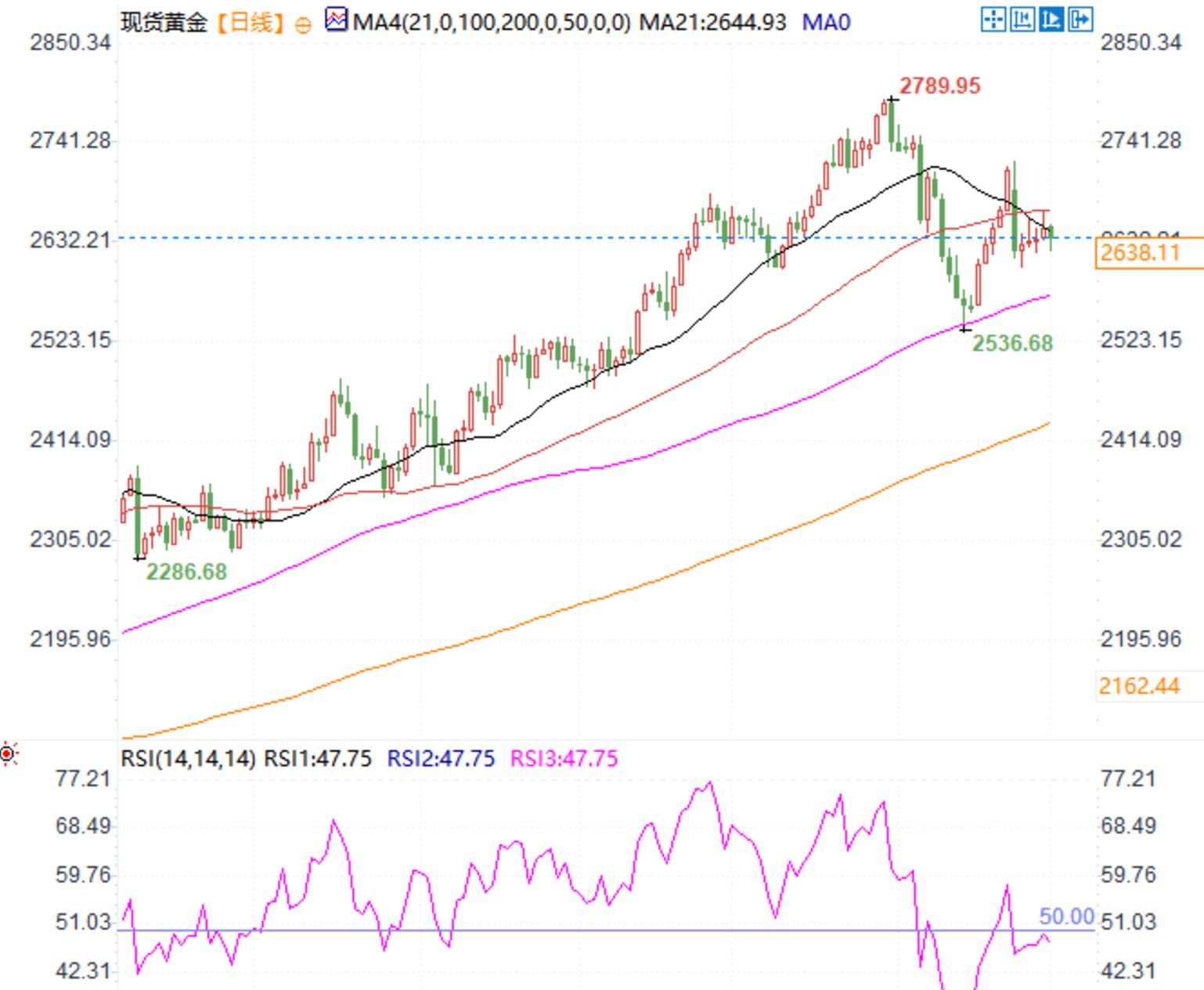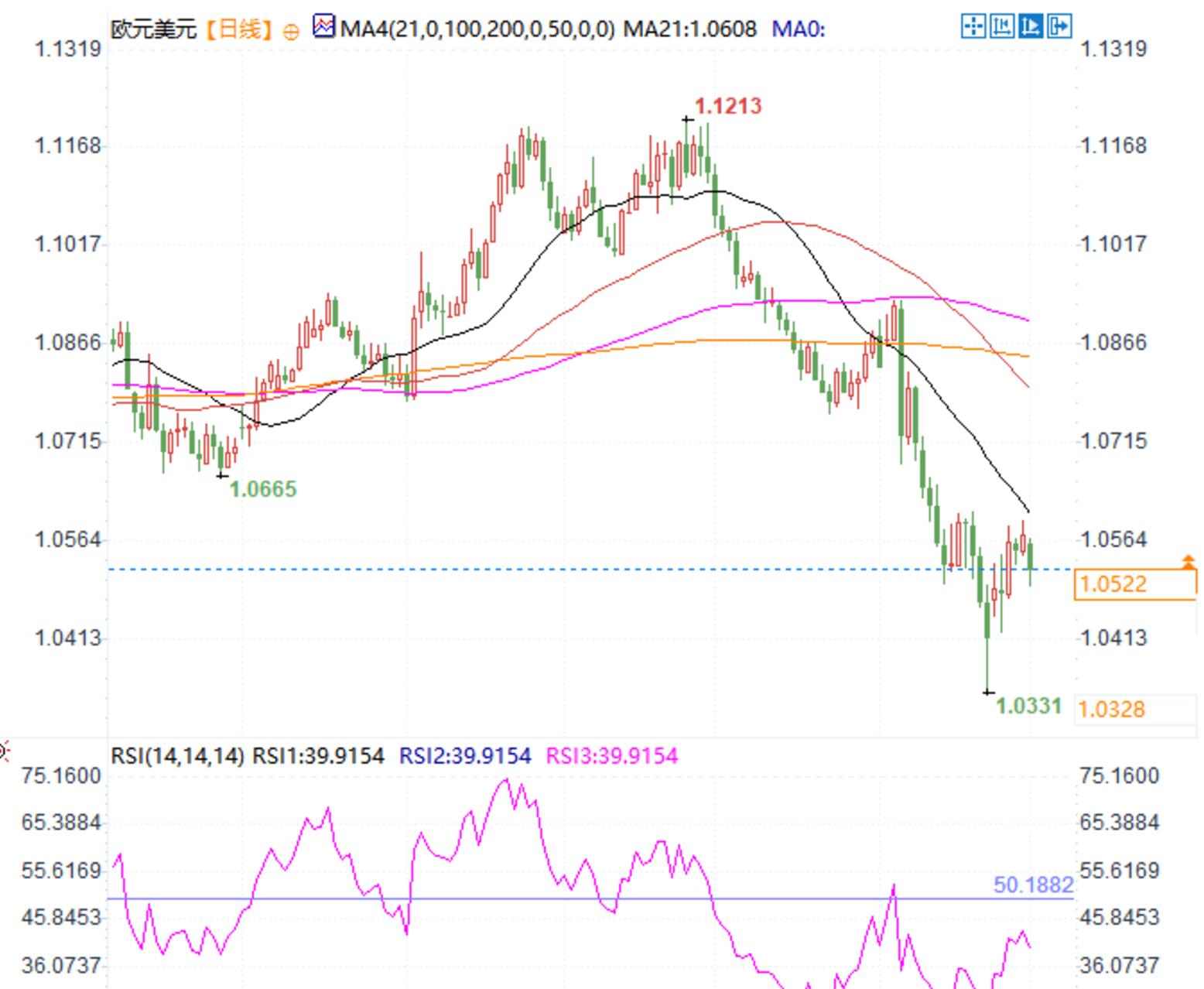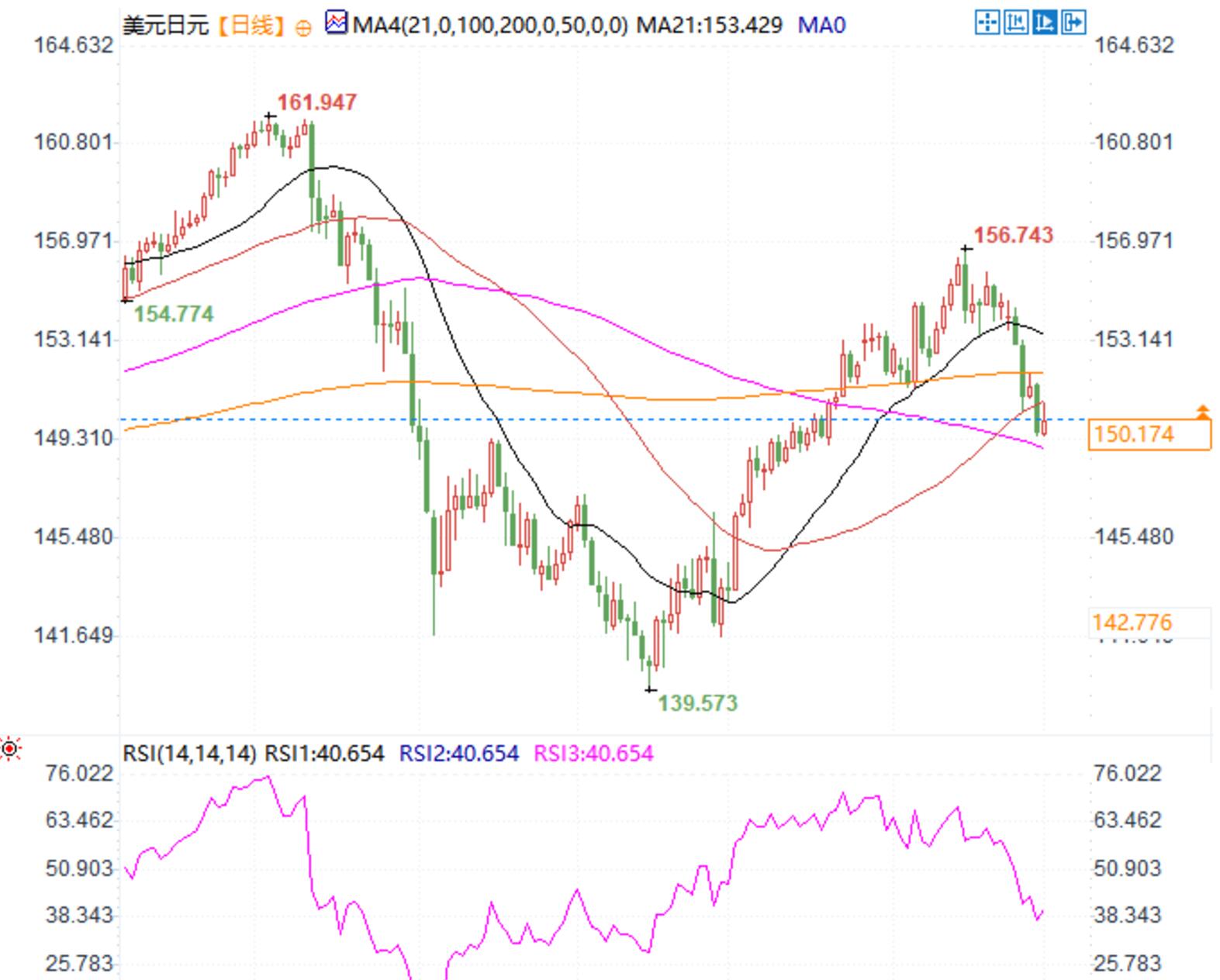How will the tensions and economic numbers in the Middle East affect oil and gold prices this week?
After experiencing last week's turbulence, the market started this week with a combination of key economic data and geopolitical events. On Monday evening (December 2nd) Beijing time, global market sentiment was complex and intertwined, with the trends of major commodities highlighting investors' reactions to policy prospects and risk events. Brent crude oil prices rose to $72.54 per barrel, while US crude oil rose to $68.67 per barrel. The US dollar index rose slightly to $106.2717, while spot gold fell slightly to $2634.95 per ounce. The USD/JPY continued its upward trend and traded at $150.274. The following is a specific analysis and future trend outlook of the main markets.‘
Crude oil: The dual impact of the Middle East situation and the Chinese economy
International oil prices continued to rise today, with Brent crude oil and US crude oil rising by 0.3% and 0.99% respectively during the day. The two main factors driving oil prices are the escalation of tensions in the Middle East and the improvement of China's economic data.
Firstly, China's manufacturing data in November showed impressive performance, indicating that economic activity expanded to a five month high. Renowned institutional analysts have pointed out that China's ongoing stimulus policies are releasing positive effects, and the market's expectations for a rebound in Chinese crude oil demand have increased, providing support for oil prices.
At the same time, tensions in the Middle East have escalated once again, despite Israel and Lebanon reaching a ceasefire agreement, the current escalation of local conflicts has raised concerns about supply chain disruptions. The market is closely monitoring this week's OPEC+meeting, which will determine production policies for early 2025. Although the market generally expects OPEC+to postpone its production increase plan, the magnitude of the delay and execution details will have a significant impact on the trend of oil prices.
Looking ahead, if the situation in the Middle East continues to deteriorate and Chinese demand further recovers, oil prices are expected to continue to rise in the short term. However, concerns about a global economic slowdown remain a potential suppressive factor.

Precious Metals: US Dollar Strengths, Suppressing Gold Prices
Spot gold saw a slight correction today to $2634.95 per ounce, down 0.18%, continuing the weak trend since last week. The pressure on gold mainly comes from the rise of the US dollar index, which rose 0.17% to 106.2717 during the day, making gold priced in US dollars more expensive for non US dollar holders.
In addition, the market is highly concerned about the upcoming US ADP employment data and non farm payroll report to be released this week. These data will provide key guidance for the market to judge the future path of interest rate cuts by the Federal Reserve. Although the market generally expects the Federal Reserve to cut interest rates by 25 basis points in December, there is still uncertainty about the pace of interest rate cuts in 2025.
In the long run, analysts believe that the safe haven nature of gold may continue to be supported by geopolitical tensions and policy uncertainty. However, in the short term, the strong US dollar and the latest statements from Federal Reserve officials may limit the rebound space of gold prices.

Foreign exchange market: Euro weakens, USD/JPY rises
In terms of the foreign exchange market, the EUR/USD fell 0.55% to 1.0518 during the day. The instability of the domestic political situation in France has become the main factor dragging down the euro. Due to the escalation of budget disputes, the French government is facing the risk of a vote of no confidence, and investors' risk aversion is rising, driving up French government bond yields. At the same time, German government bonds have been favored for their safe haven properties, causing yields to fall, further widening the yield gap between France and Germany.

The USD/JPY rose to 150.274, as market expectations for the possibility of the Bank of Japan raising interest rates at its December meeting continue to rise. The recent hawkish statements by the Governor of the Bank of Japan and the rise in inflation data in the Tokyo region have strengthened this judgment. In addition, Japan's third quarter corporate investment data exceeded expectations, enhancing market confidence in the strengthening of the yen. However, due to the high sensitivity of global markets to the Federal Reserve's policies, the actions of the Bank of Japan may refer to the results of the Federal Reserve's December meeting.

In the medium term, the trend of USD/JPY will depend on the actual rate hike by the Bank of Japan and the shift in monetary policy by the Federal Reserve. The weak performance of the euro may continue to be maintained due to the uncertainty of the French political situation.
Bond market: Safe haven demand drives up core bonds
At the beginning of this week, both the European and Japanese bond markets showed significant volatility. The yield gap between French 10-year government bonds and German government bonds is close to a 12 year high, reflecting increasing market concerns over the French budget dispute. Meanwhile, the yield on Japanese two-year government bonds reached a 16 year high, driven by expectations of a possible interest rate hike by the Bank of Japan in December.
As investors become more sensitive to economic uncertainty and policy changes, the attractiveness of German bonds as a safe haven asset has further increased. In the future, the global bond market trend will still be highly dependent on the policy decisions of major central banks and the performance of key economic data this week.
Future Trends and Prospects
Under the influence of various intertwined factors, market volatility may significantly increase this week. The crude oil market will closely monitor the results of the OPEC+meeting and the development of the Middle East situation; The precious metal market needs to pay attention to the trend of the US dollar and US employment data; The foreign exchange market focuses on the political situation in France and the policies of the Bank of Japan. In the bond market, the strength of hedging demand will continue to dominate the flow of funds.
Overall, the short-term prospects of the global market remain uncertain. Investors need to maintain flexible strategies, closely monitor the dynamic changes of various risk events, and adjust their investment portfolios in a timely manner to cope with possible market fluctuations.
Tips:This page came from Internet, which is not standing for FXCUE opinions of this website.
Statement:Contact us if the content violates the law or your rights
